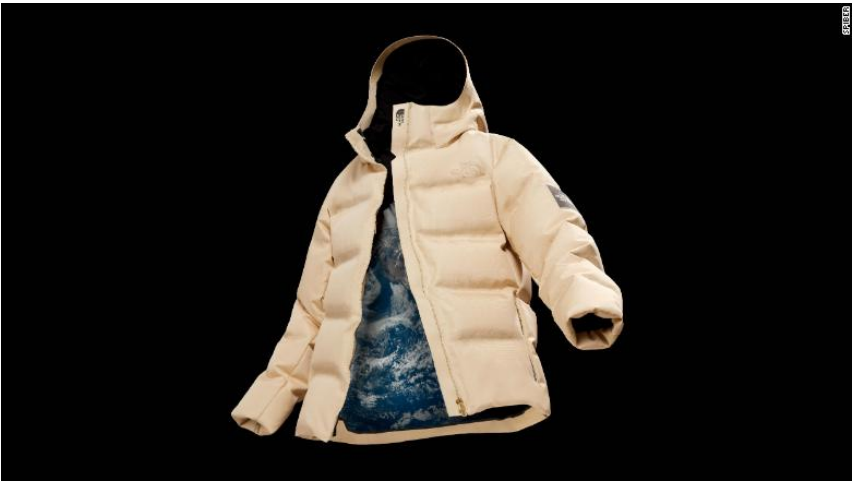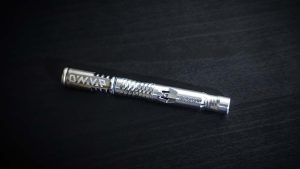Multiple times more grounded than steel, insect silk’s remarkable characteristics were perceived by the Ancient Greeks — and all the more as of late, researchers have checked out at applications from medication to designing.
Presently, one Japanese startup, Spiber, is investigating the way that cobwebs could change the material business. The biotech organization began by making a bug silk reproduction in the lab and has since turned out its texture reach to incorporate more maintainable options in contrast to fleece, cashmere and denim, says Kenji Higashi, head of business improvement at Spiber.
The organization’s reserved fiber, Brewed Protein, has been utilized in restricted release assortments with brands including Japanese streetwear mark Sacai and outside attire experts The North Face Japan.
Right now increasing creation and preparing for a full business send off of its materials, Spiber trusts its innovation will assist with settling “a portion of the enormous worldwide difficulties that we’re confronting,” says Higashi.
Aging textures
Insects make networks by turning fluid protein into silk. In spite of the fact that silkworms have been reared to create silk for millennia, bugs are savages which makes them difficult to cultivate.
That is the reason companions Kazuhide Sekiyama and Junichi Sugahara, Spiber’s originators, chose to make a manufactured material that is microscopically indistinguishable from bug silk. The couple started testing as understudies at Keio University in Yamagata Prefecture in 2004, and established the organization in 2007.
Spiber contemplated “a great many different bug species,” as well as other silk-creating species, and ordered an information base of silk assortments, says Higashi.
Having effectively delivered the bug silk elective, the group proceeded to foster a scope of Brewed Protein textures by modifying the protein succession, says Higashi.
Spiber’s strands are made by aging water, sugar and supplements with uniquely adjusted microorganisms in steel tanks, like those utilized in brew making, to deliver protein polymers. The polymers are taken care of through a spout and turned into a fiber, says Higashi.
However, it hasn’t been a simple excursion. In 2015, Spiber joined forces with The North Face Japan to deliver a restricted version run of 50 “Moon Parka” coats to celebrate the 50th commemoration of the moon arrivals.
In any case, during the plan cycle, the group found that bug silk shrivels when wet, and needed to change the protein to make the fiber appropriate for an outside coat.
It required four years “to create a piece of clothing that satisfied their guidelines,” says Higashi. The parkas retailed for ¥150,000 (worth around $1,400 in 2019) and the little assortment sold out.
A reusing upheaval
Style is one of the most dirtying enterprises on the planet. It produces around 2.1 billion metric lots of CO2 consistently, as per the executives specialists McKinsey and Company. Around 70% of that comes from creation, and assembling materials utilizes a lot of unrefined components and water.
Higashi says Spiber’s biodegradable materials are anticipated to create only one-fifth of the fossil fuel byproducts of creature based strands once they are in full-scale creation, as per a daily existence cycle examination led by the organization.
However, spiber needs to diminish its ecological effect further. The organization right now involves sugarcane and corn for its maturation interaction — crops that utilization huge volumes of land and redirect food assets, says Higashi.
o settle this, Spiber is fostering an interaction called “biosphere flow” that will change over disposed of pieces of clothing produced using normal materials like cotton into the sugars required for maturation.
Around 40 million metric lots of material waste is delivered consistently and the majority of this goes to landfills or incinerators: keeping these materials in the know could make an additional feasible other option, says Higashi.
Worldwide extension
Spiber isn’t the main organization taking motivation from 8-legged creature. In 2016, Adidas consolidated AMSilk’s Biosteel fiber in a shoe and in 2017, California material trailblazer Bolt Threads divulged its bug silk-propelled string, Microsilk, in a gold dress planned by Stella McCartney.
Notwithstanding its coordinated efforts with The North Face Japan, Spiber’s Brewed Protein has been involved by Japanese planner Yuima Nakazato for a few of his assortments, and streetwear brand Sacai for a restricted release T-shirt range. Higashi says Spiber is investigating open doors in the auto business, as well.
As indicated by the organization, Spiber has raised around ¥100 billion ($783 million) from financial backers including finance firms Carlyle and Mitsubishi UFJ Morgan Stanley Securities, alongside awards from government associations and startup advancement reserves.
This financing will permit the organization to extend past its pilot plant in Yamagata — opening a little plant in Thailand not long from now, and a bigger office in the US one year from now in an association with food handling worldwide Archer Daniels Midland Company. Higashi says this will empower creation of thousands of lots of Brewed Protein over the course of the following couple of years.
Higashi says scaling will assist with bringing the cost of Brewed Protein down and permit Spiber to grow past the top of the line creator market.
“We possess the ability to make answers for empower more roundabout style,” says Higashi. “It’s our central goal to carry those answers for the world.”








